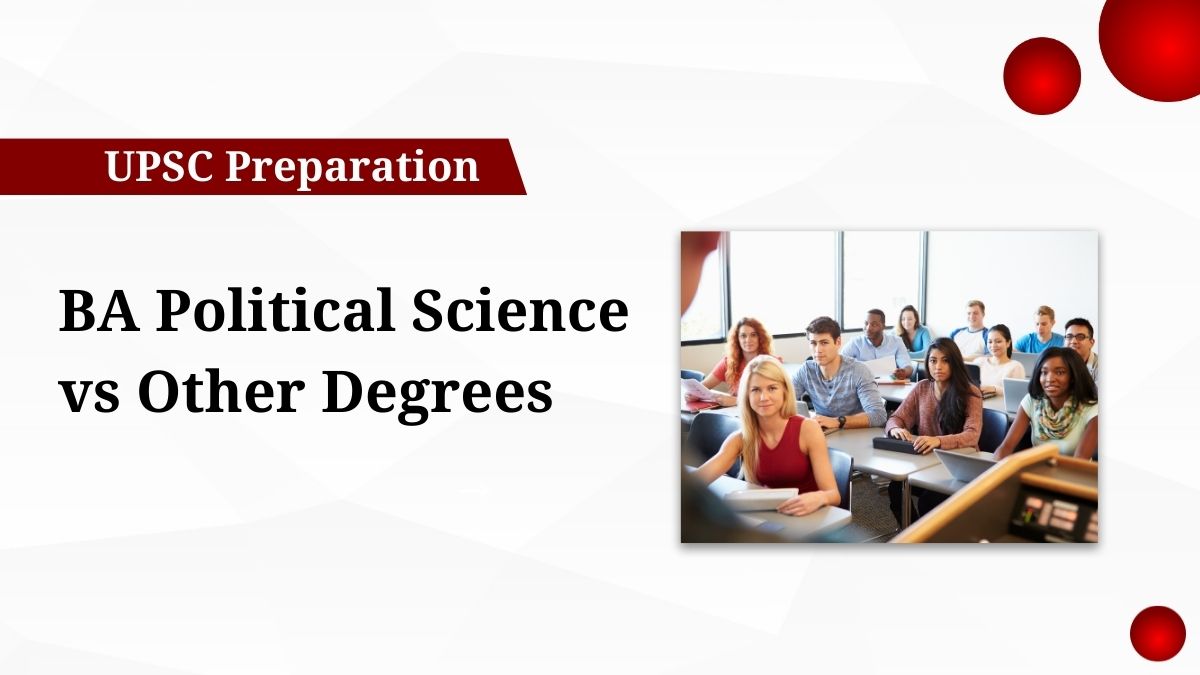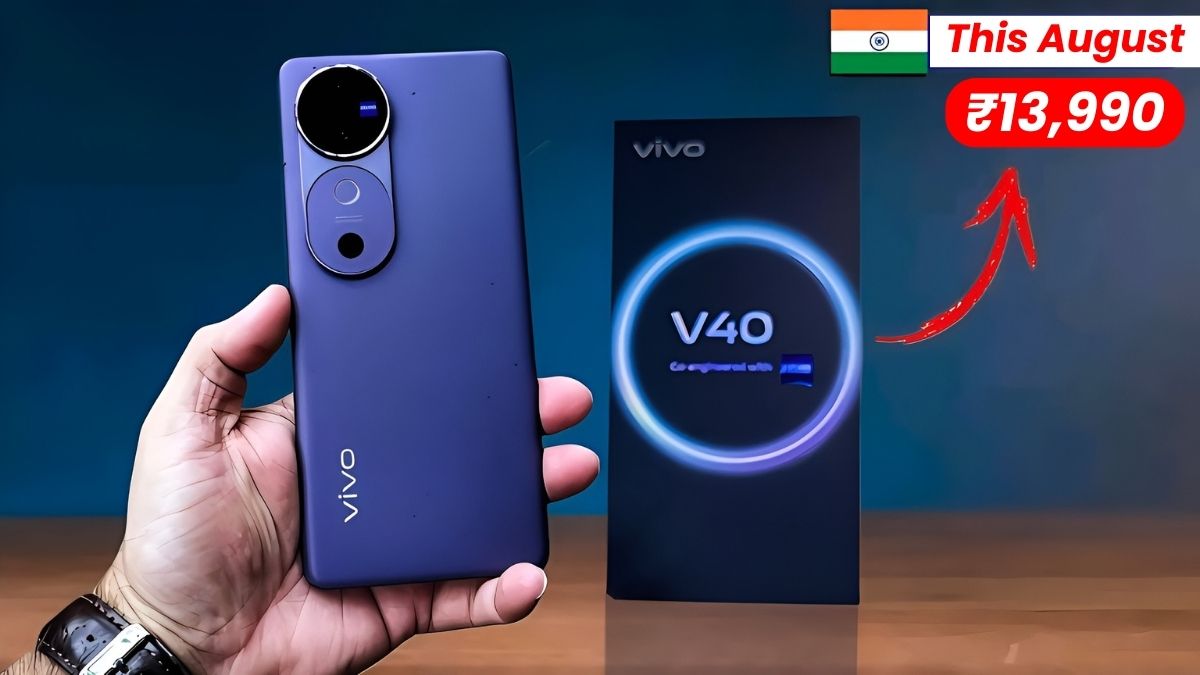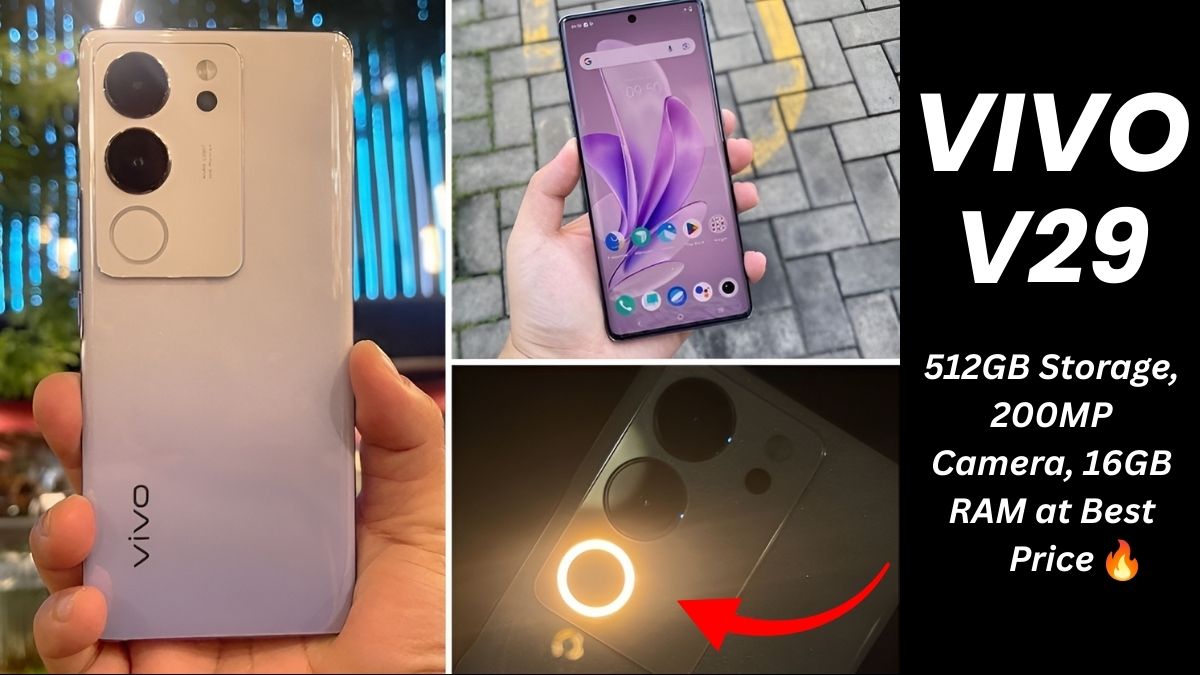Government and Private College Admission in India – Complete Guide and Comparison
The college admission process in India is a crucial step for every student. There are two major options – government colleges and private colleges. Both have different admission processes, fee structures, study methods and facilities. In some cases, they may be similar, but in most cases, there is a clear difference between them.
Let’s understand this in simple terms, so that you can decide which one will be better for you.
1. Government Colleges – Low Cost, Tough Competition
Government colleges, especially for professional courses like engineering, medical, law, or management, are in the highest demand in the country.
1.1 Entrance Exams – Merit is the Key
The main way to get admission in government colleges is through National Level Entrance Exams.
- For Engineering – JEE Main and JEE Advanced (for admission to IITs and NITs).
- For Medical – NEET (for admission to AIIMS and Government Medical Colleges).
- For Law – CLAT (for National Law Universities).
It is very important to perform well in these exams as seats are limited and competition is very high.
1.2 Centralized Counseling – Transparent Process
Most government colleges participate in a centralized admission system (Centralized Counseling). In this, your admission depends on your exam score and seat availability.
For example – after JEE Main, there is JoSAA counseling where you choose your preferred college and branch, and allotment is done based on the score.
1.3 Low Fees – Easy on the Pocket
The fees of government colleges are usually much lower than private colleges as they are funded by the government. The annual fees of a government engineering college can range between ₹20,000 – ₹1 lakh, while in a private one, the same can go up to ₹2 lakh – ₹6 lakh.
1.4 Challenges
- Difficult to get admission – Limited seats, high competition.
- Cut-off scores very high.
- Infrastructure and facilities in some colleges may be a little older than in private ones.
2. Private colleges – more choices, more flexibility
Private colleges may be better suited for students who could not get a seat in government or who require a specific location or course.
2.1 Different admission methods
Admission to private colleges can be done in several ways:
- Own entrance tests – Some universities like BITS Pilani, VIT, SRM conduct their own exams.
- Acceptance of national exam scores – Many private colleges offer admission based on JEE Main, NEET, or CAT scores.
- Direct Admission / Management Quota – In this method, entrance score is not required, but the fees can be high.
2.2 Merit-based admission
Many private colleges offer admissions based on merit based on class 12th marks or even national exam scores.
2.3 Higher fees, but better infrastructure
Tuition and fees for private institutions can be several times higher than government institutions. Still, with that, you could have modern classrooms, high-tech laboratories, industry-oriented courses, and a better campus life.
2.4 Flexibility
Usually private colleges have flexibility regarding course structure, international tie-ups, and adopting new specializations.
2.5 Challenges
- Higher fees – This can be a burden for many families.
- Variation in quality – Not all private colleges are good, so research is important.
3. Government vs Private – Key Comparison
| Aspects | Government colleges | Private colleges |
|---|---|---|
| Admission method | National/state entrance test, centralised counselling | Entrance test, direct admission, merit-based |
| Fees | Low (₹20k – ₹1L per year) | High (₹2L – ₹6L+ per year) |
| Infrastructure | Basic to good, but somewhat old | Modern and updated |
| Campus life | Discipline and academic focus | More activities and industry connections |
| Seats | Limited | Relatively high |
| Placements | Very good in top government colleges | Good in private too, but differ according to fees |
4. How to make the right choice?
- Look at budget – If fees are a big concern for you, then government colleges are the best option.
- Look at course quality – Some private colleges may be better in technology and industry-linked courses.
- Location – Do you have to stay near your city or can you move to a hostel?
- Entrance performance – If you have scored well in the entrance exam, try government colleges.
- Placement record – Check the last 3-4 years placement data of both.
5. Conclusion
Both government and private colleges have their own advantages and limitations. Government colleges – look at them as low fees, high value, but tough on the entrance exam. Private colleges – consider them with more choices, modern facilities, high fees. Will greatly depend upon personal academic goals, budget, and entrance score. Last, above all, whatever college you are getting into, do check its faculty, course content, and placement record.









